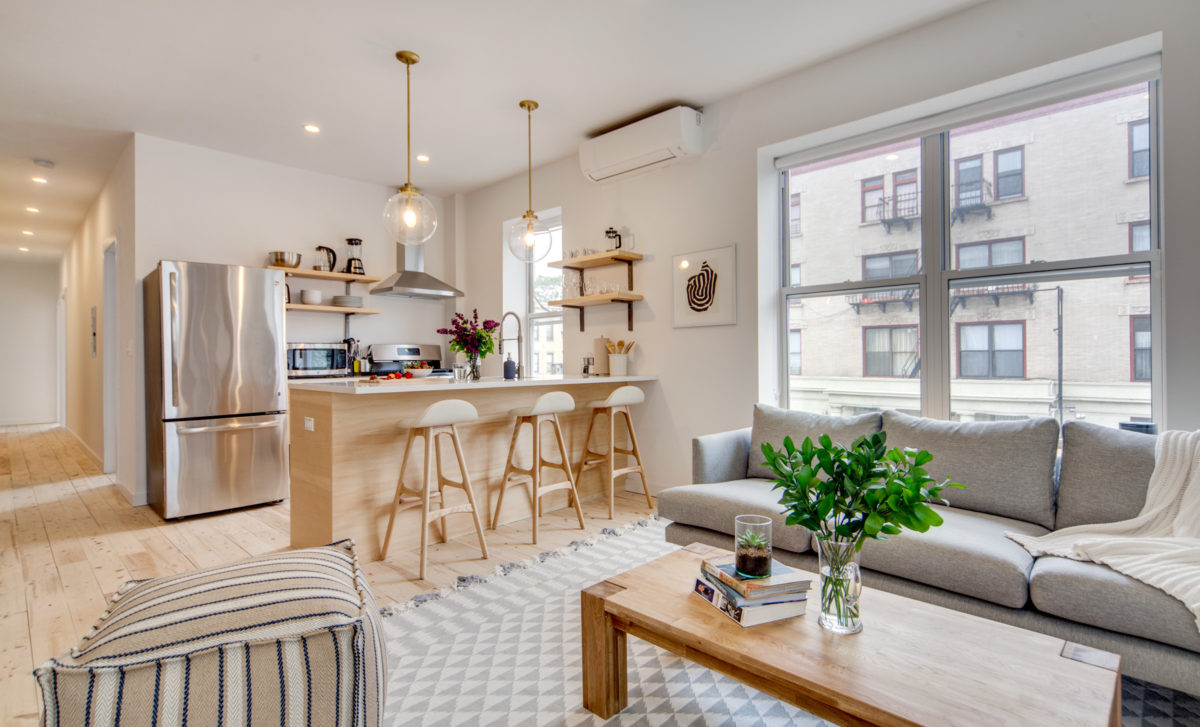Okay, not that coliving wasn’t real before, but now it’s really real.
Brooklyn’s coliving king, Common, announced Tuesday a $40-million round of Series C venture funding, led by Norwest Venture Partners at an undisclosed valuation.
“We certainly are aiming to build a global company,” Common founder Brad Hargreaves told Technical.ly by phone Wednesday morning. “There are a number of cities, at least a dozen in the U.S., that face some sort of housing crisis. You have the cities we’re in right now but a number of cities we’re not in, up and down the northeast corridor and west coast, and even a place like New Orleans, where we announced a house.”
For the uninitiated, coliving is like coworking for apartments. Instead of each person having their own kitchen, living room, bathroom, roof deck, etc., Common residents all have their own bedrooms and share the rest of the rooms of an eminently Instagrammable house. Renting is on a month-to-month basis, although Hargreaves said most residents sign up for 12-month leases. It’s a bit like a fancy dorm for grownups.
Currently, Common has 14 homes in five cities, which house more than 400 people. It started in Brooklyn in 2015 and the majority of its houses are still in the borough, but it’s expanded to San Francisco, Washington, D.C., Chicago and New Orleans as well. According to a post on Medium by Hargreaves, Common receives more than 1,000 applications a week to live in its spaces.
Hargreaves said one of the major areas of investment will be in technology, both for internal, business purposes, but also for user-facing functions.
“We’ve had a small engineering team that’s allowed us to build a robust billing and leasing system but we want to double down or triple down on hiring there and build some technology that’s not just going to help our business, but also our members,” he said.
Currently, Common works in markets where real estate is expensive and space at a premium. But what about the rest of the country? Would Common work in Des Moines?
“Well the short answer is, I don’t know. Our entire value proposition is about affordability,” Hargreaves said.
The real estate arbitrage of more people in the same space doesn’t quite work in places where the cost of space is more reasonable. Overhead like furniture, cleaning services and WiFi cost roughly the same in New York City or in Des Moines. “It starts to skew the economics,” Hargreaves said. “Either we have to have a product that’s not necessarily cheaper than a studio but has services and amenities or we have to lower the level of service and that feels silly. Neither of them feel like very good options.”
One of the major changes since Common opened its first house two years ago is a shift in focus from month-to-month renters to year-long renters. What seemed like an amenity of convenience had an unanticipated downside, Hargreaves learned.
“It kind of created this transient environment in the homes, which had an actually negative effect on the community. It had a very hotel-like vibe,” he said.
Now Common offers year-long leases at a discounted rate and has shifted its marketing to people looking for long-term rentals. These days, 80 percent of Common residents are on year-long leases, and 70 percent of them renew, Hargreaves said.







